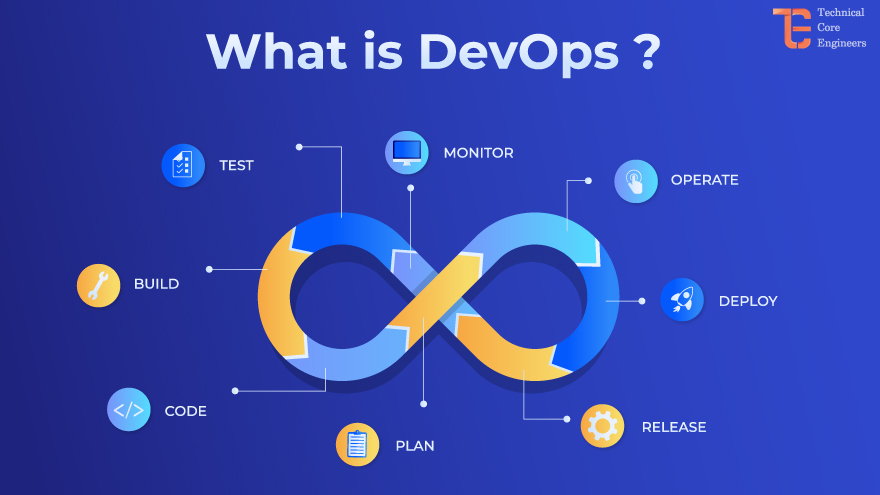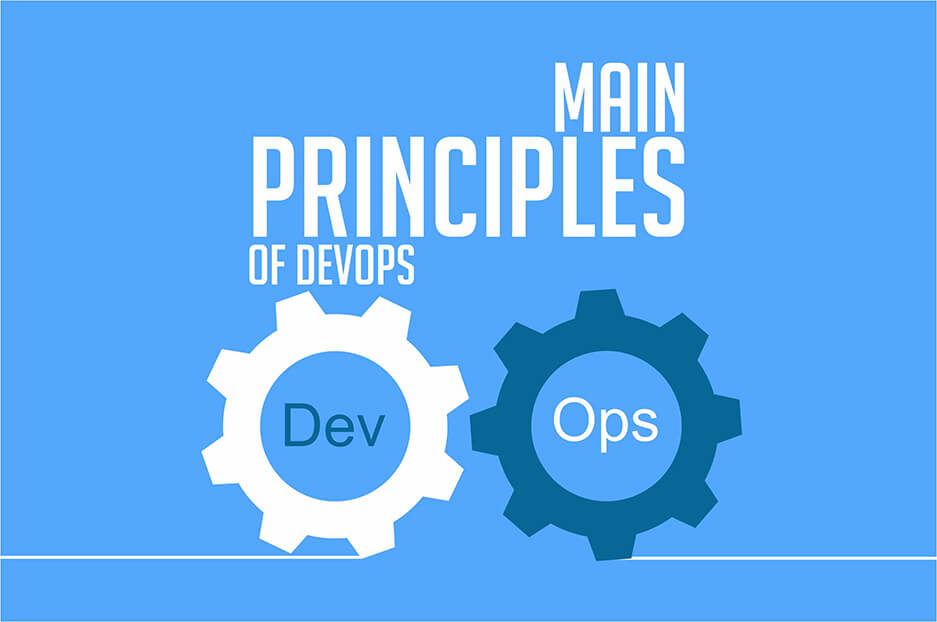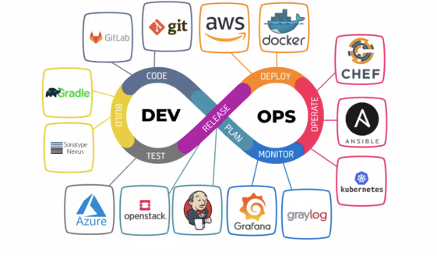The Role of DevOps in Modern Software Development
Modern software development has changed rapidly with the current demand for agility, speed, and quality. Fast-paced environments can't bear with traditional development and operations silos. Here's where DevOps comes into the picture-to bridge the gap between development and operations teams to enhance collaboration and efficiency in the entire software lifecycle.
What is DevOps?
DevOps is the integration of practices between the development teams and operations teams, promoting better collaboration and automation in the workflows and providing more reliability in delivering software in quicker times. DevOps basically creates a culture of shared responsibility, continuous improvement, and alignment with business goals.
Key Principles of DevOps:-
- Collaboration: Break down silos between teams to enable frictionless communication.
- Automation: The use of tools to automate repetitive tasks such as testing, deployment, and monitoring.
- Continuous Integration/Continuous Deployment (CI/CD): Faster and safer release of code changes.
- Monitoring and Feedback: Real-time insights for rapid identification of issues and response.
The Impact of DevOps on Modern Software Development:-
- Accelerated Development Cycles: DevOps speeds up the software delivery cycle by allowing for reliable, frequent deployments.
- High-Quality Assurance: Only quality code makes it to production, because of automated testing.
- Improved Collaboration: Developers and operations work together, reducing conflicts and delays.
- Scalability and Flexibility: DevOps teams can scale applications and infrastructure as demand dictates.
- Cost Efficiency: Automation reduces the manual effort and the associated cost.
- Version Control Systems: Git, GitHub, GitLab.
- CI/CD Tools: Jenkins, CircleCI, Azure DevOps.
- Configuration Management: Ansible, Puppet, Chef.
- Containerization: Docker, Kubernetes.
- Monitoring and Logging: Prometheus, Grafana, ELK Stack.
The Future of DevOps:-
With organizations embracing cloud-native architectures, AI-driven automation, and microservices, the role of DevOps will only continue to grow. It will continue to be key in making sure that businesses innovate faster without compromising quality standards.




Comments
Post a Comment